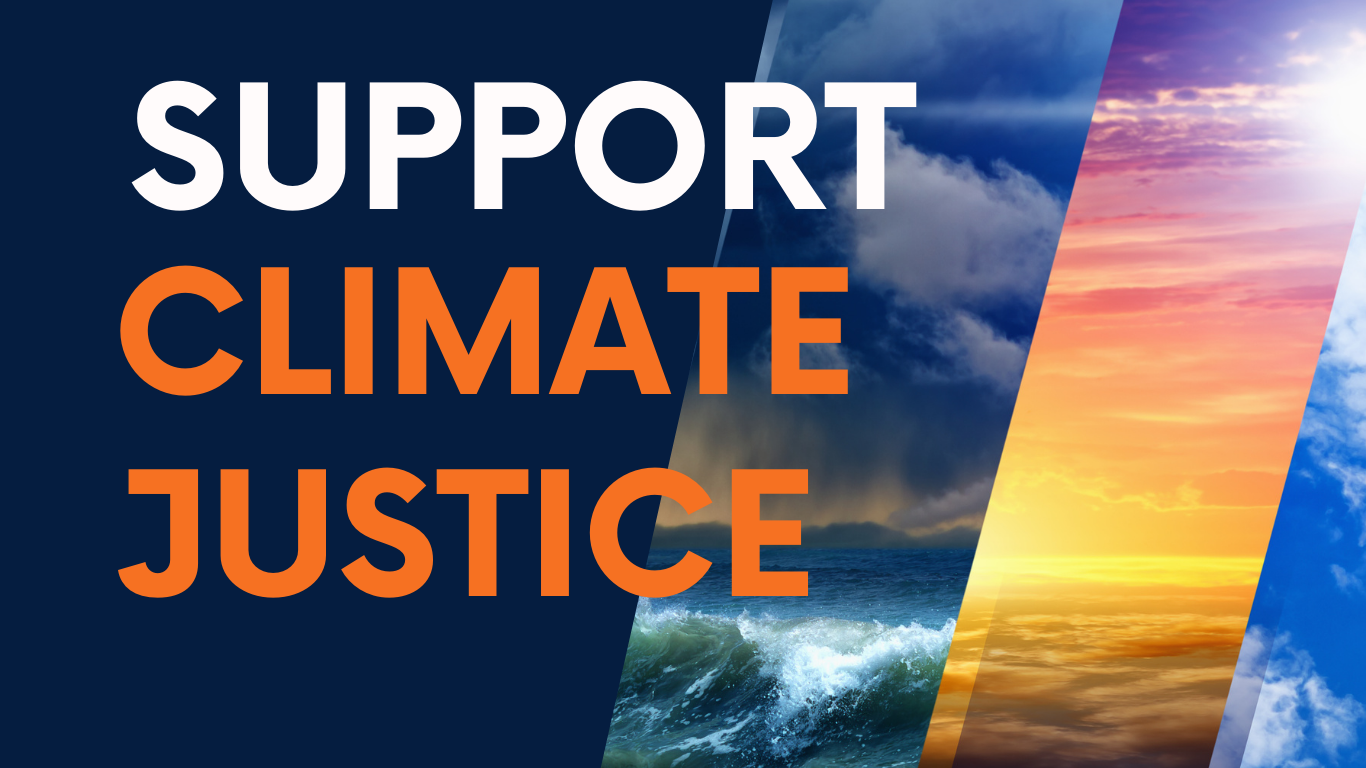By: Chalsey Gill Anthony, Environmental Communicator and Advocate, Belize
Vampire squid, yeti crab, gummy squirrel sea cucumber, and glass sponges sound like characters from a storybook. But these bizarre and beautiful creatures are real; thriving in the dark, cold depths of the ocean. This underwater wonderland now faces a threat from mining corporations that want to strip the seabed of its rich minerals for profit, leaving destruction behind.
The deep sea regulates the planet’s temperature, stores vast amounts of carbon dioxide, and generates oxygen. It’s also a biodiversity hotspot, home to species found nowhere else.
Yet, we know so little about it. Scientists estimate we’ve explored more of the moon’s surface than the deep sea. Every dive reveals something new—a previously undiscovered species, a unique ecosystem, or even life-saving medicines. To mine the deep sea without understanding it is like tearing pages from a book we’ve barely started reading.
The Cost of Greed
Imagine a bulldozer tearing through a rainforest, uprooting ancient trees, and destroying countless wildlife, often unique to that ecosystem. Essentially, deep-sea mining is like vacuuming the sea floor, except the damage happens on a far greater scale and with even more devastating consequences.
Deep sea mining isn’t just risky; it’s reckless. Mining companies want to extract valuable minerals from polymetallic nodules, crust, seamounts, and hydrothermal vents—rich in metals like nickel, cobalt, and manganese.

As these giant machines scrape the ocean floor, they unleash toxic plumes—clouds of sediment that suffocate marine life and spread far beyond the mining zone. Noise pollution from their operations disrupts whales, dolphins, and other animals that rely on sound to navigate. Coral gardens, hydrothermal vents, and sponge fields—some of the most biodiverse areas on the planet—could be wiped out in days.
The Caribbean Connection
These corporations are targeting the Clarion-Clipperton Zone (CCZ), a biodiversity hotspot in the Pacific Ocean. Stretching between Hawaii and Mexico, it holds enormous fields of rock-like formations—polymetallic nodules. To them, these nodules are dollar signs. To marine life, the estimated 21 billion tons of polymetallic nodules, they’re home.
You might think, “What does this have to do with Belize or even the Caribbean region?” Everything.
Our ocean knows no borders. The clouds of sediment won’t stay confined to the areas being mined, they can travel thousands of kilometers, affecting fisheries and coral reefs. Noise pollution will disrupt migratory species vital to Belize and the Caribbean’s marine ecosystems and tourism industry.
Take Peggy, for example—a female loggerhead turtle equipped with a MarAlliance satellite tag. Since leaving Belize in March 2024, Peggy has traveled thousands of kilometers to the waters of Mexico, the United States, and the Bahamas. This journey proves just how interconnected our ocean is. For creatures like Peggy, these disruptions can mean life or death.

And it’s not just about species. It’s about people. Fishermen, tour operators, and coastal families who depend on the ocean will bear the brunt of decisions made far away. From fishing to diving tourism, our livelihoods are tied to the sea. Like Belize, the Caribbean’s economy depends on a healthy ocean. So, deep sea mining poses a huge threat to our way of life because the impacts can ripple across borders. In addition to affecting the livelihoods of many that depend on the sea, it will also impact the economy and ecosystems, globally.
The Bigger Picture
Let’s not forget that we are trying to save our planet from the ‘triple planetary crisis’—the interconnected challenges of biodiversity loss, pollution, and climate change. As if these challenges weren’t already enough, deep sea mining could make us even more vulnerable.
The deep sea is a critical carbon sink, absorbing greenhouse gases that would otherwise speed up and increase climate change. Disturbing this balance risks releasing stored carbon, making the climate crisis even more severe.
The mining industry argues that we need these metals for green technologies like batteries and renewable energy. What makes this even more frustrating is that the greed driving deep sea mining is entirely unnecessary. The truth is, we don’t need to destroy the deep sea for a sustainable future. Alternatives like improved recycling of existing metals and the development of sustainable technologies can meet our needs without ripping apart the seabed.

A Call to Protect the Deep
Belize and the Caribbean cannot afford to ignore the risks of deep sea mining. The ocean connects us all, and its destruction will ripple across nations.
We must join the fight to #DefendTheDeep and call for a precautionary approach until we understand its full impact and have safeguards in place to protect our planet’s most precious resource. By raising awareness, advocating for strong regulations, and supporting sustainable alternatives, we can protect the ocean and ensure a healthy planet for future generations.







